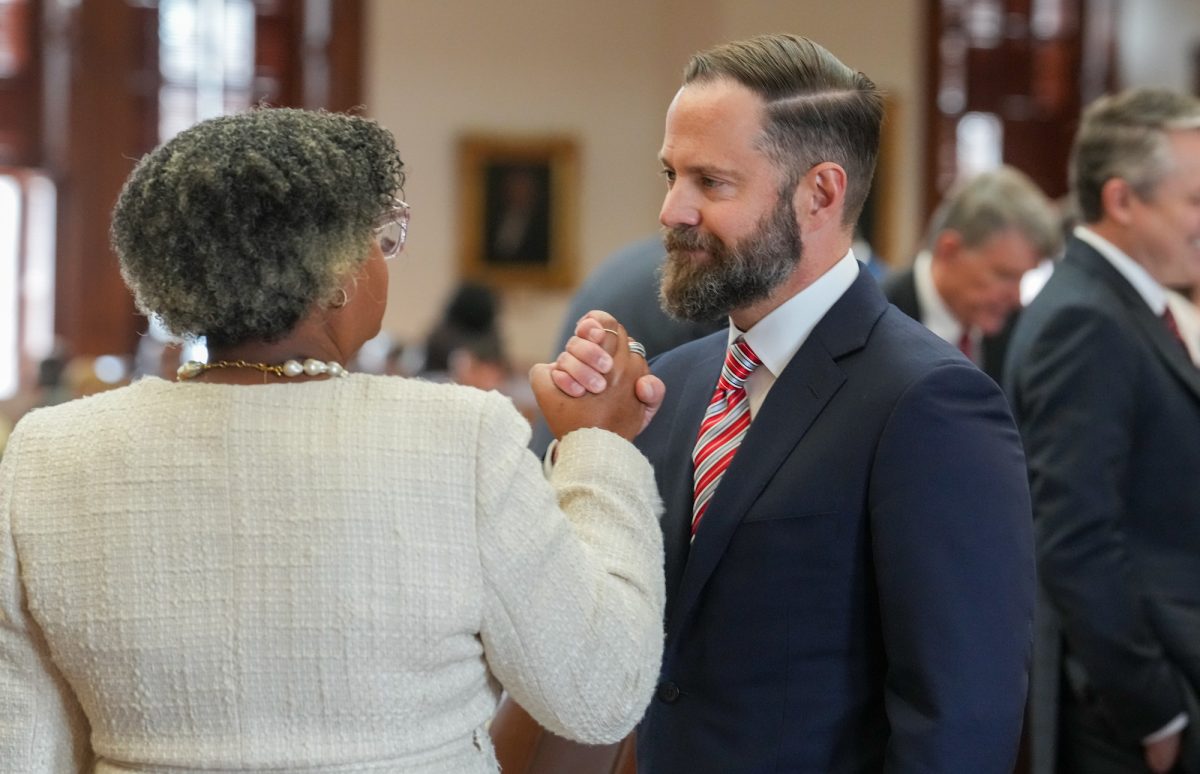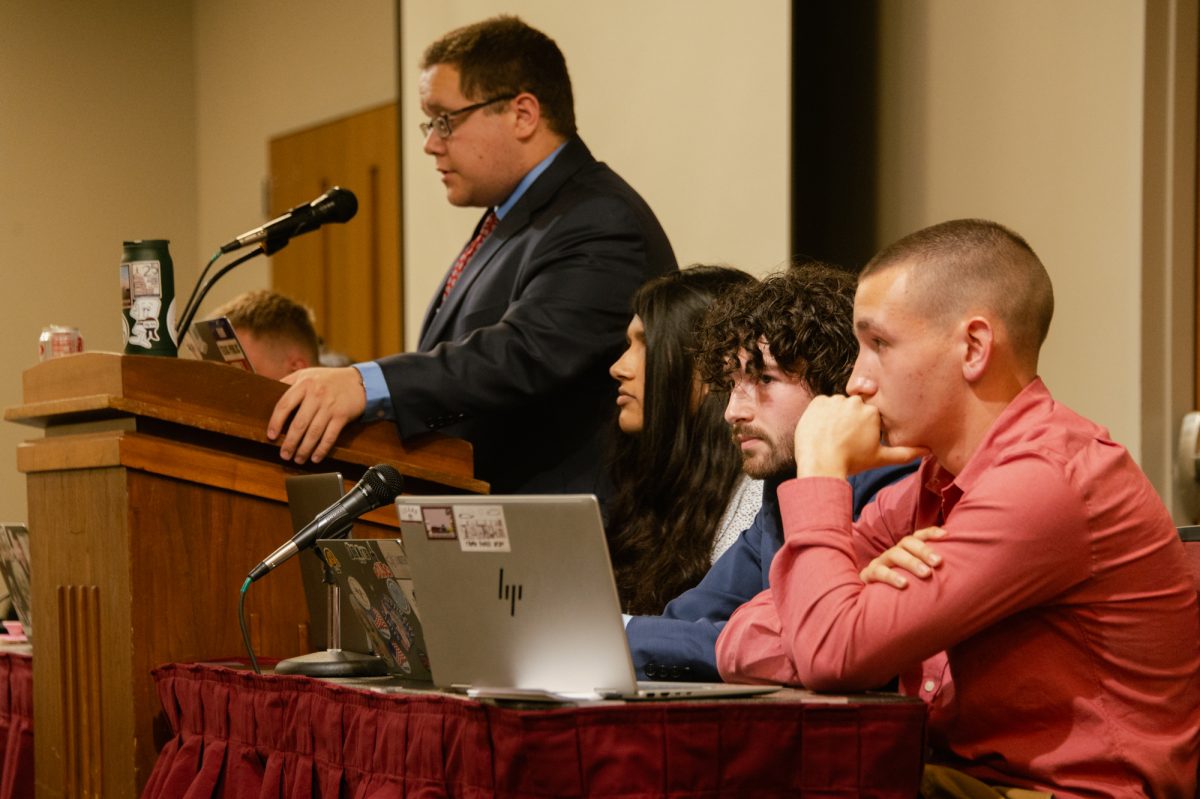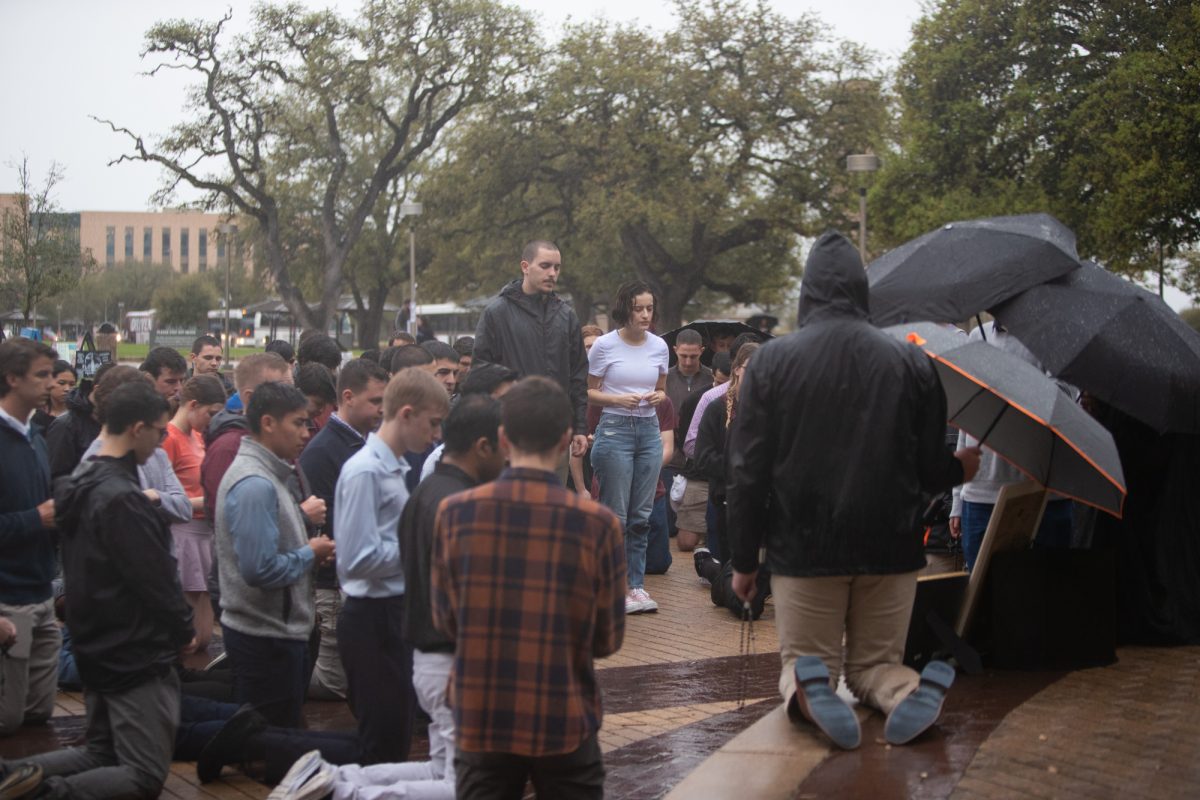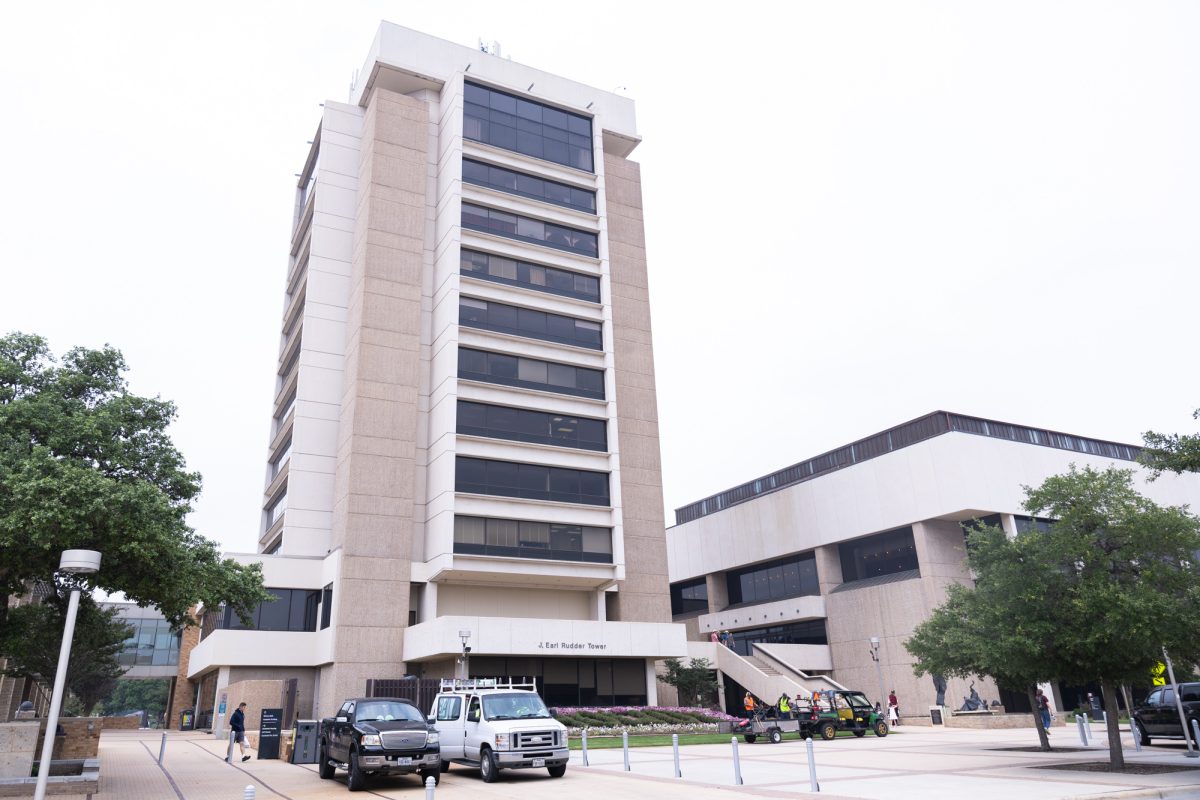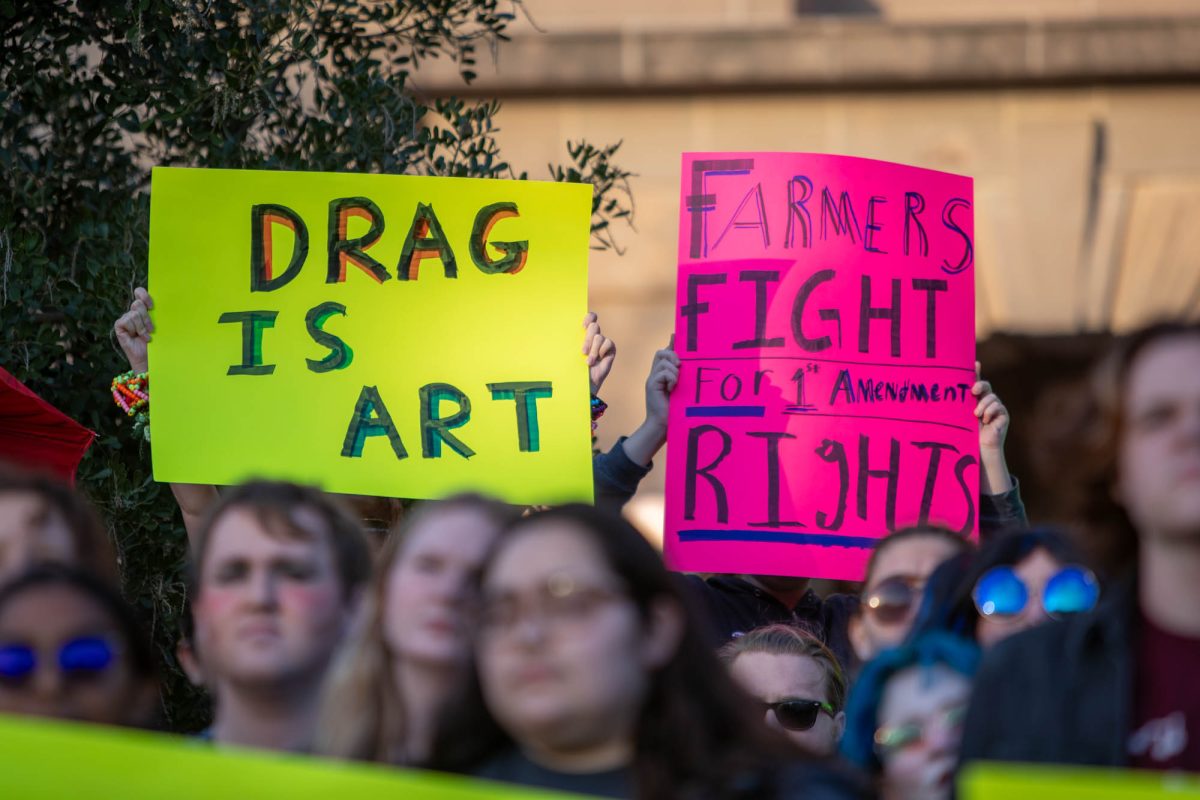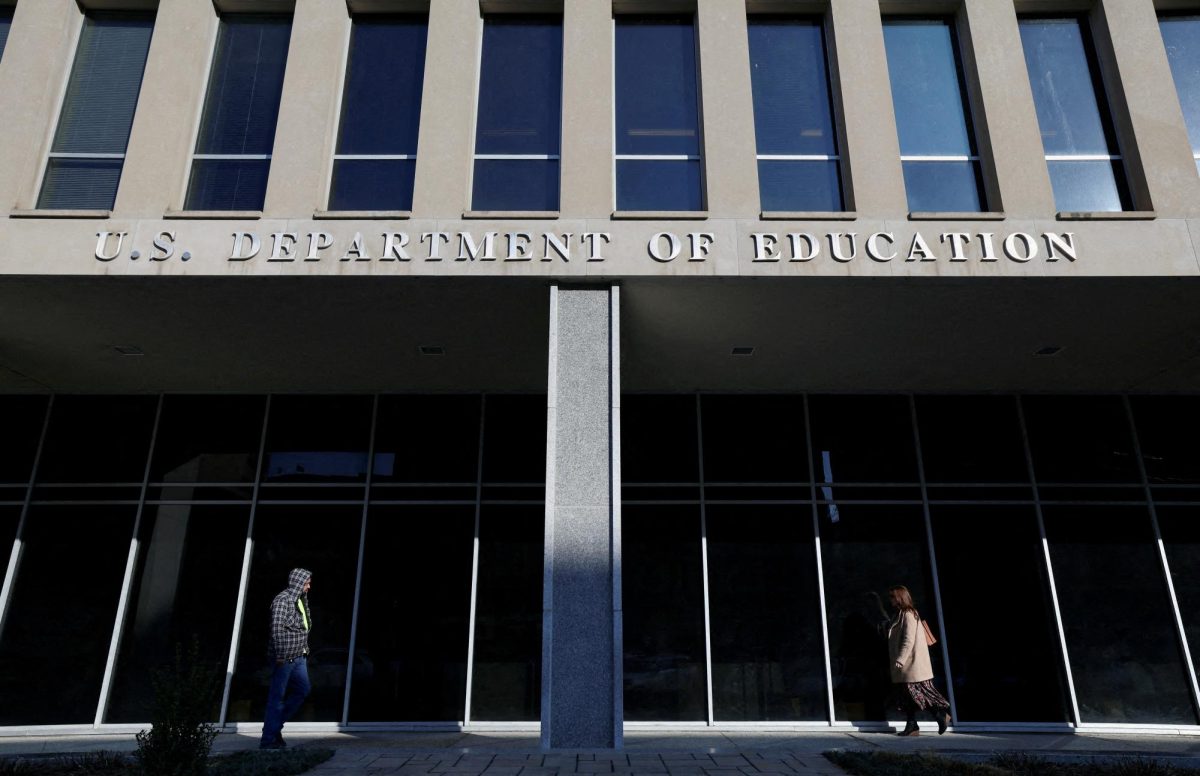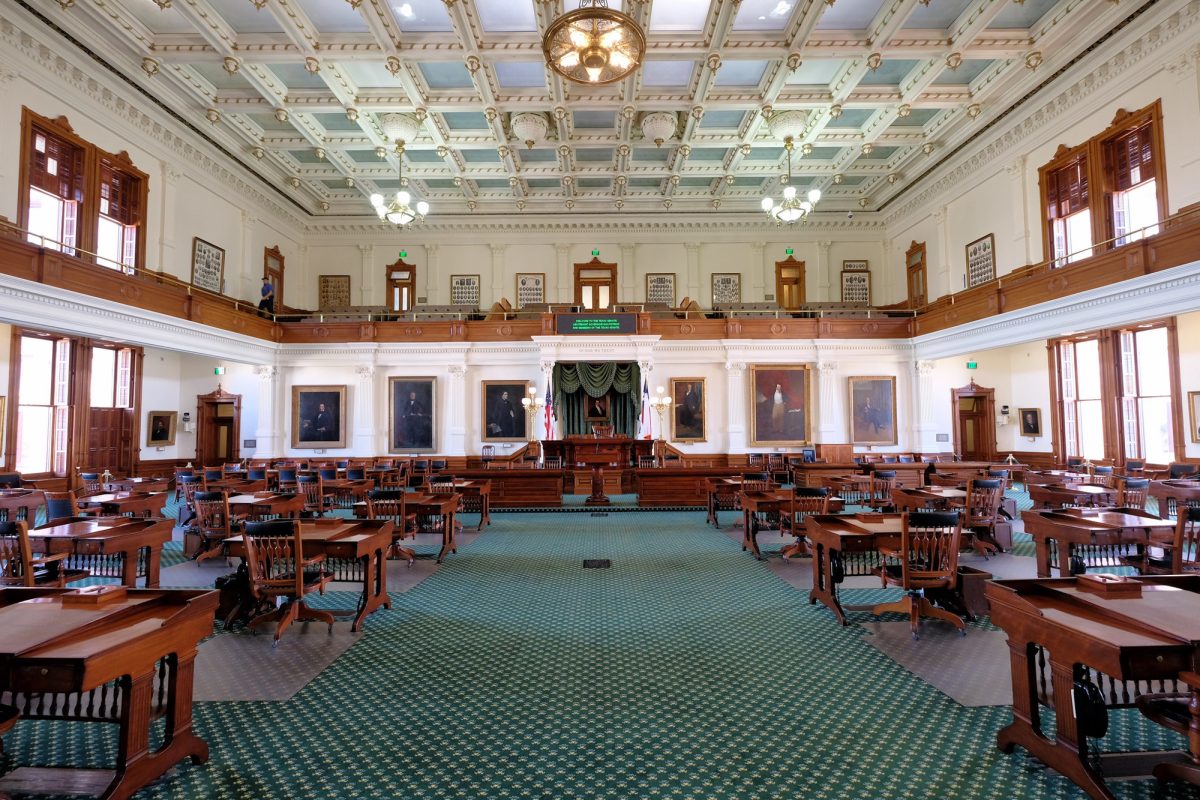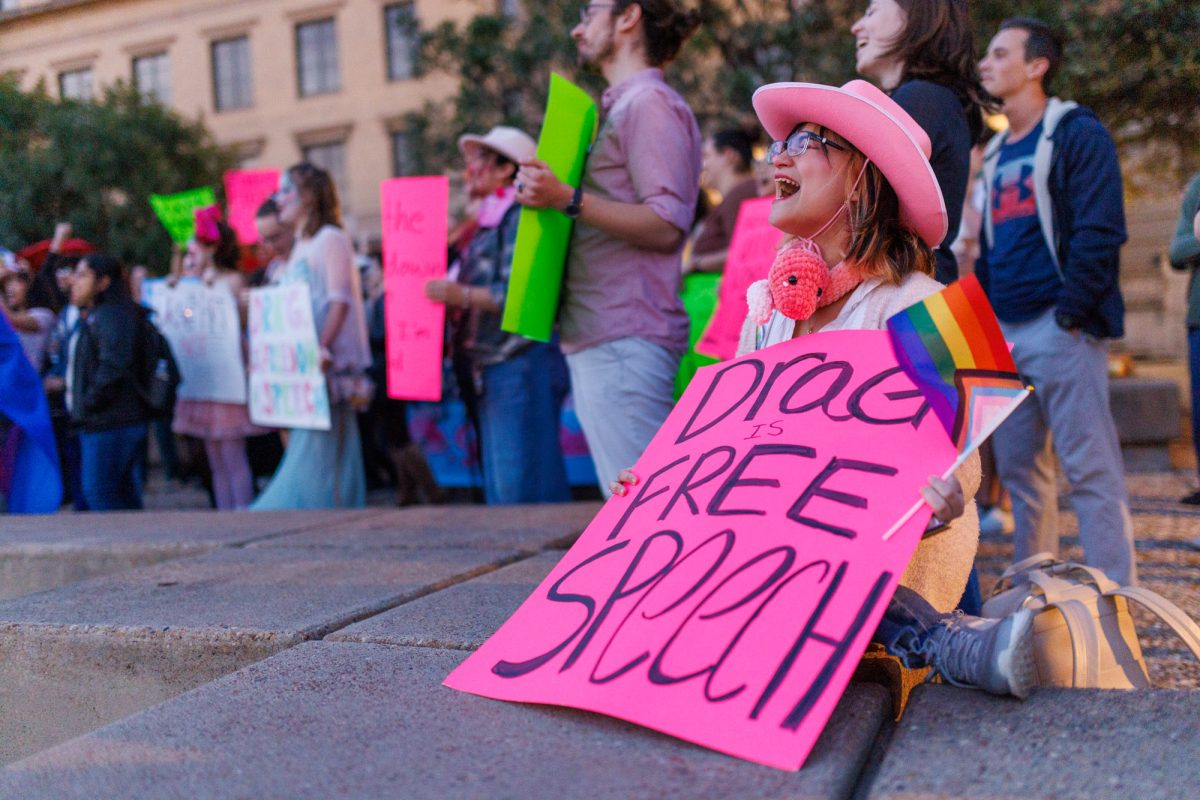After weeks of Republican infighting and a tumultuous primary season that saw moderates face off against the party’s far-right cohort in Texas’ lower chamber, State Rep. Dustin Burrows (R-83) surpassed the 75-vote threshold necessary to hold the chamber’s gavel in an 85-55 vote after Democrats pushed him over the top last week.
“I commit to you today, every member will have a voice,” Burrows said afterward. “Every district will have a seat at the table.”
The vote marks the first time a new representative holds the gavel since State Rep. Dade Phelan’s (R-21) moderate tenure during the 88th Legislature, a term that resulted in an intense campaign against him after he sunk several initiatives championed by state Republicans — including Gov. Greg Abbott’s school-choice legislation.
“By stepping aside, I believe we create the best opportunity for our members to rally around a new candidate who will uphold the principles that make our House one of the most exceptional, deliberative legislative bodies in the country — a place where honor, integrity, and the right of every member to vote their district takes utmost precedent,” Phelan said in a statement at the time.
Unlike Phelan, Burrows has expressed openness to school-choice policies—but not to the extent of his opponent, State Rep. David Cook (R-96). Cook is a far-right Mansfield, Texas native endorsed by state powerhouses like Attorney General Ken Paxton and Lt. Gov. Dan Patrick, who leads the state Senate.
“The voters will hold our new speaker accountable to keep his promise of being the most conservative speaker in Texas history,” Patrick said in a statement.
Several of the largest issues in the race for the gavel were internal to the Texas House of Representatives, particularly whether Democrats — which haven’t held the House since 2002 — would be allowed to chair committees. Phelan upheld the tradition to ensure an even balance of power in the legislature.
Burrows’ willingness to compromise on Abbott’s school-choice initiative spells trouble for school districts statewide opposed to the initiative, including Bryan ISD and CSISD. Both publicly oppose school-choice initiatives in their public list of legislative priorities.
“Ensure public tax dollars are not diverted to private entities since they are not obligated to accept all children and are not monitored at the same level as Texas public schools,” reads a bullet point on Bryan ISD’s priorities list.




